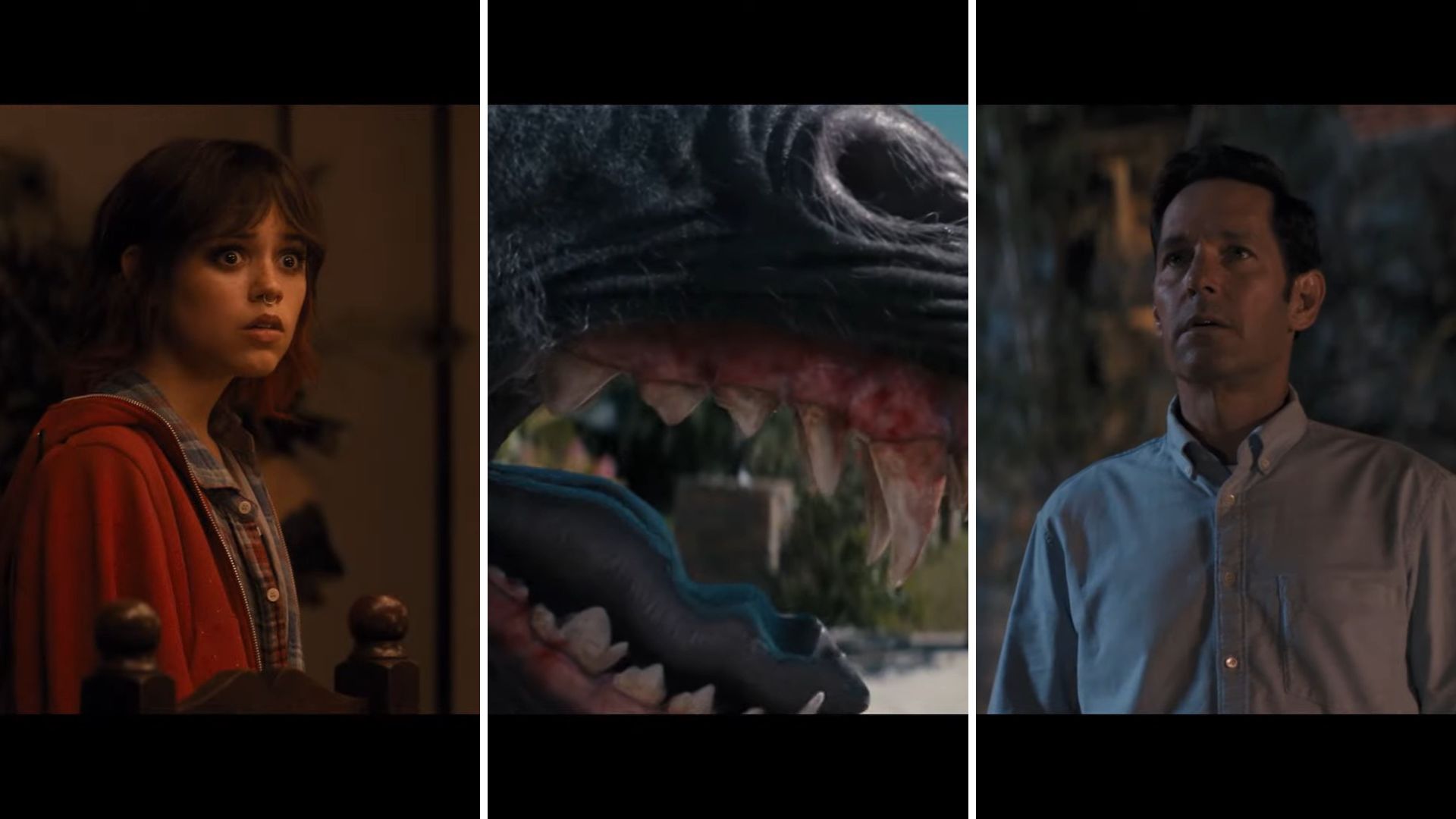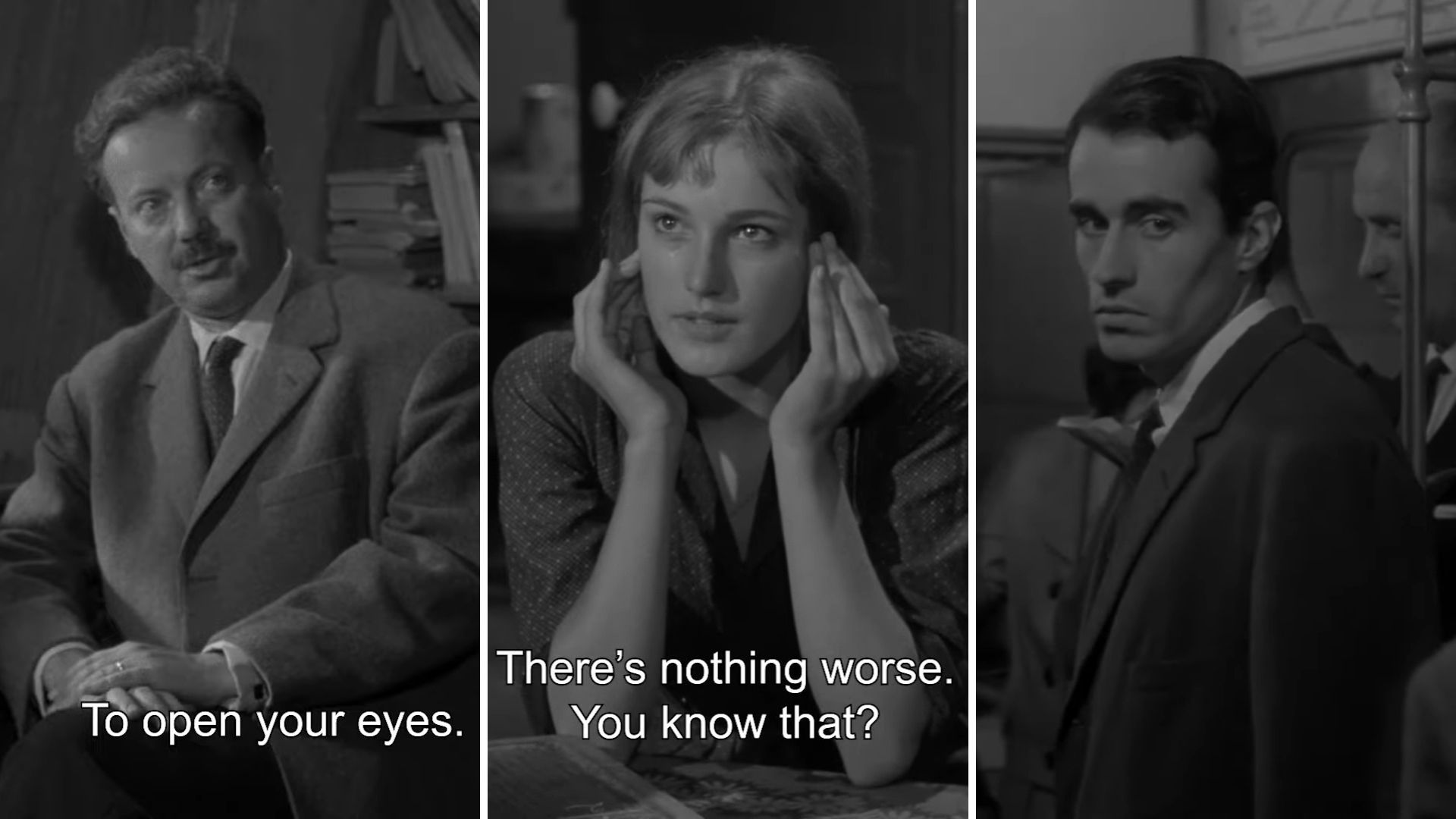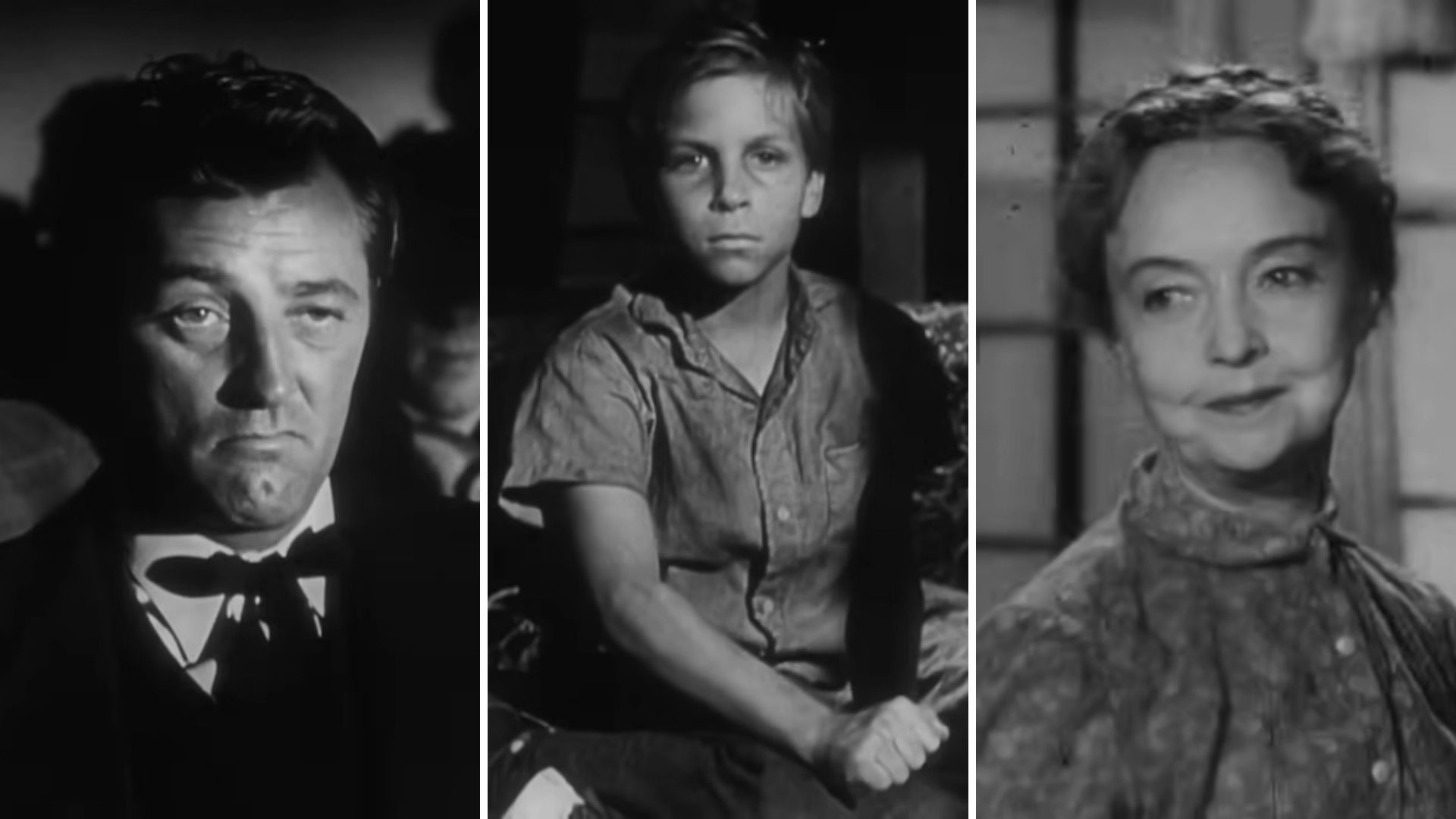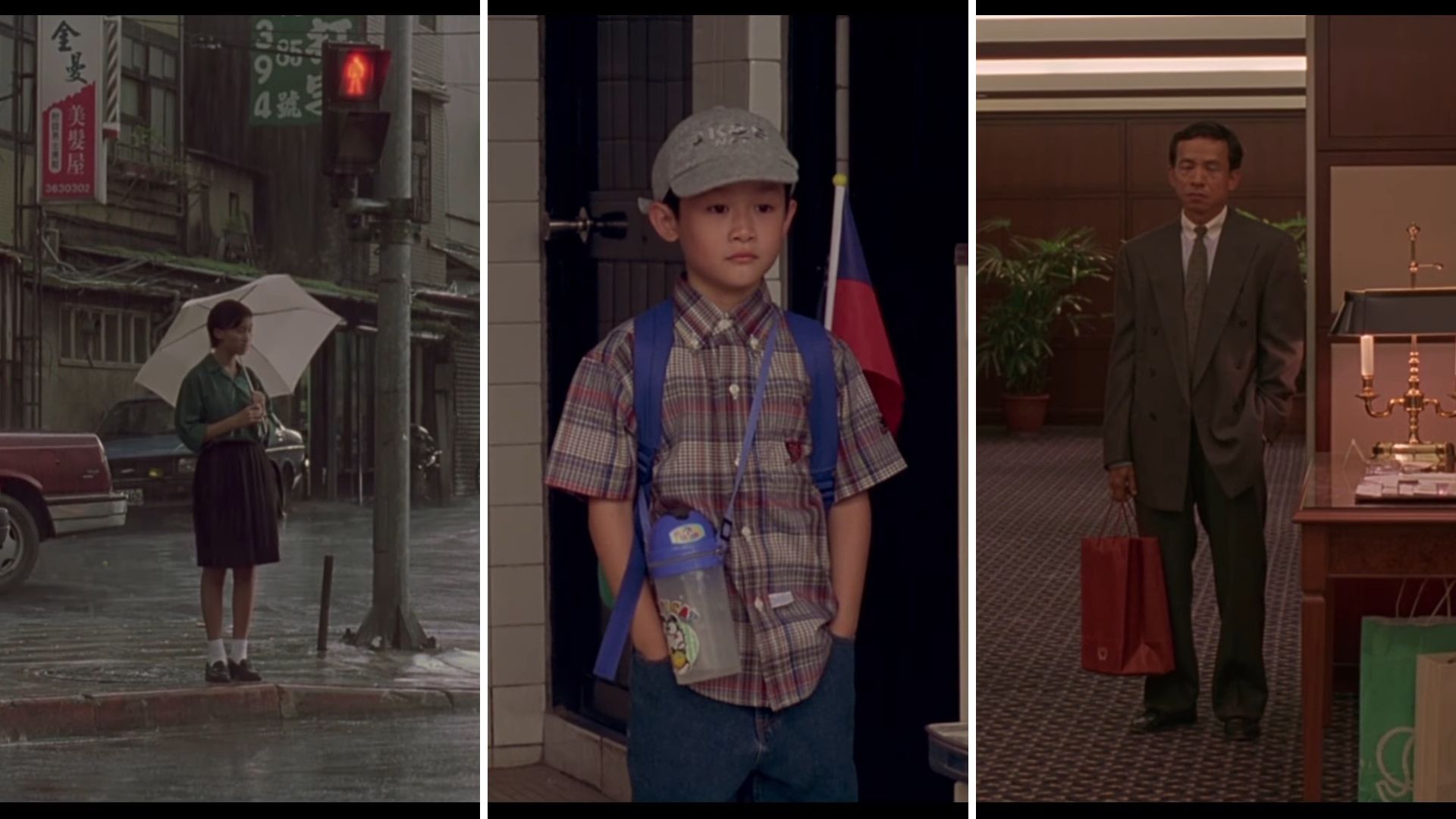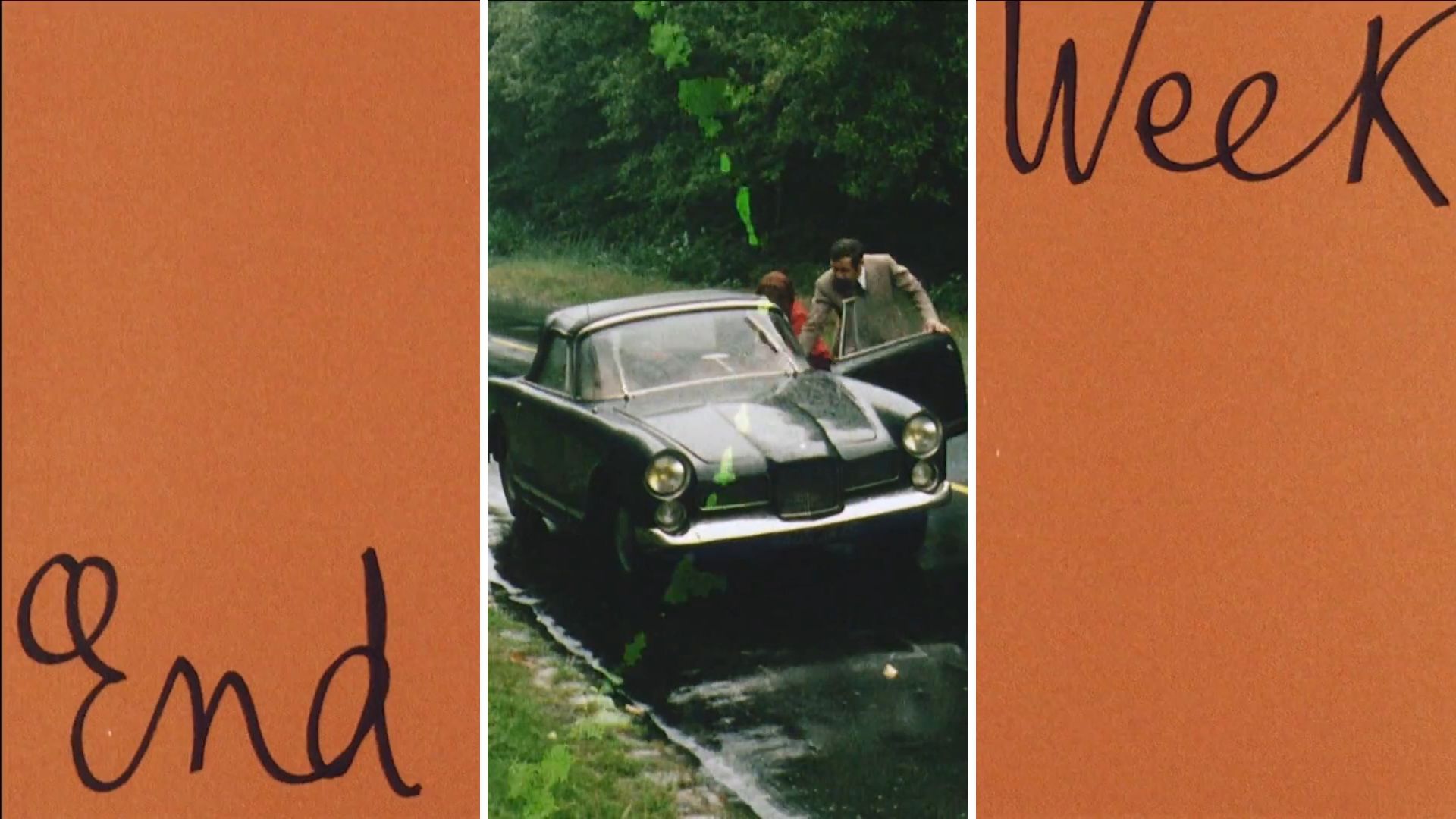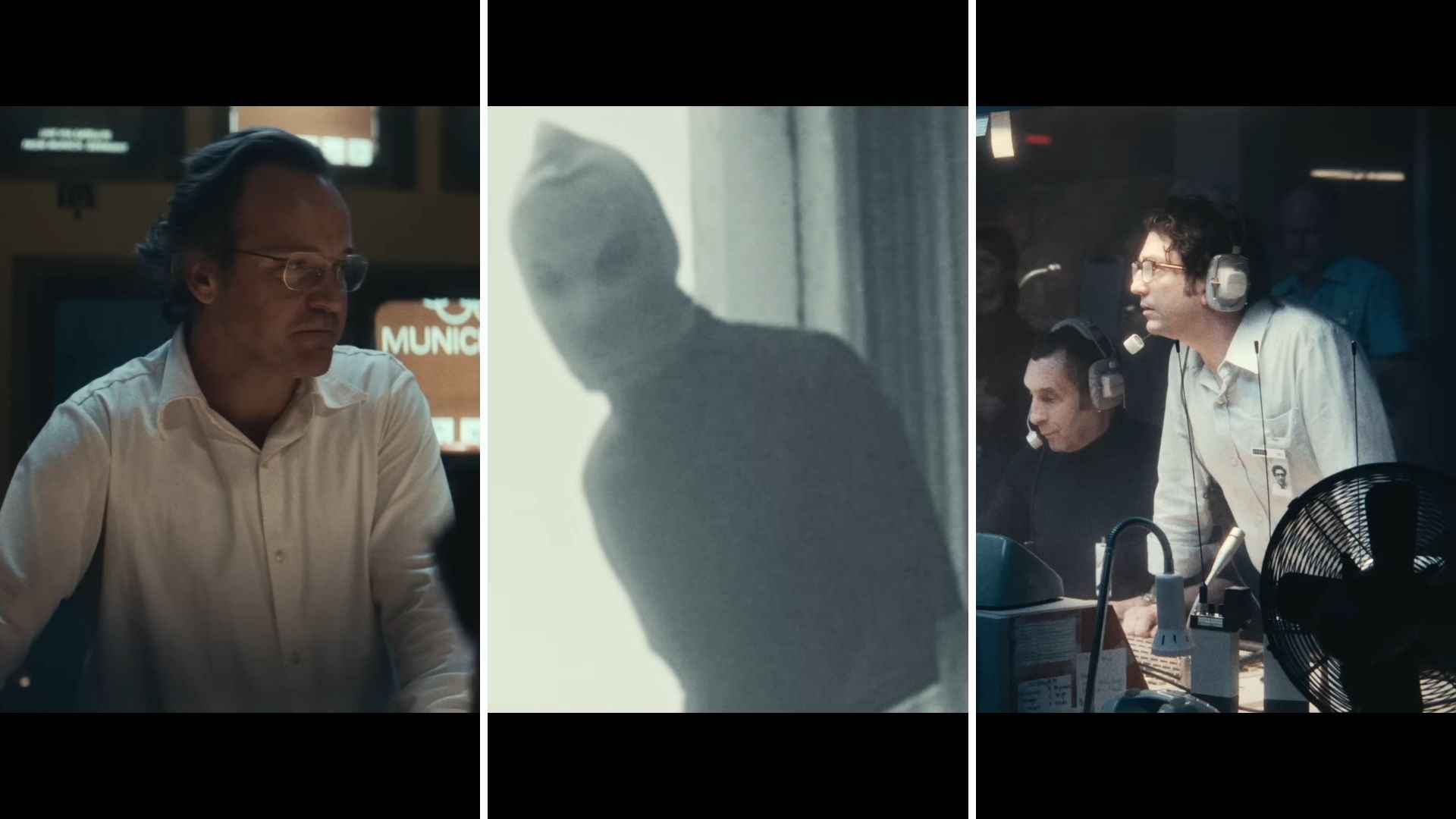
Tim Fehlbaum’s new film September 5 tells the true story of the Munich massacre through the eyes of the ABC sports film crew who covered it. The true-life story of the eleven Israeli athletes who were taken hostage and ultimately killed is a tragic real-life nightmare that happened during what was supposed to be a time of healing for two nations. September 5 tells this story not from the athlete’s point of view, but through the lens of an under-equipped sports TV crew. The result is a story that is moving but has very little to say politically or historically.
Centering the story around the sports crew coverage is a bold move but one that doesn’t ultimately pay off. It is noble what this team was able to achieve but there is a much larger story that took place that day. And one that is happening right outside of the film.
1972 Summer Olympics
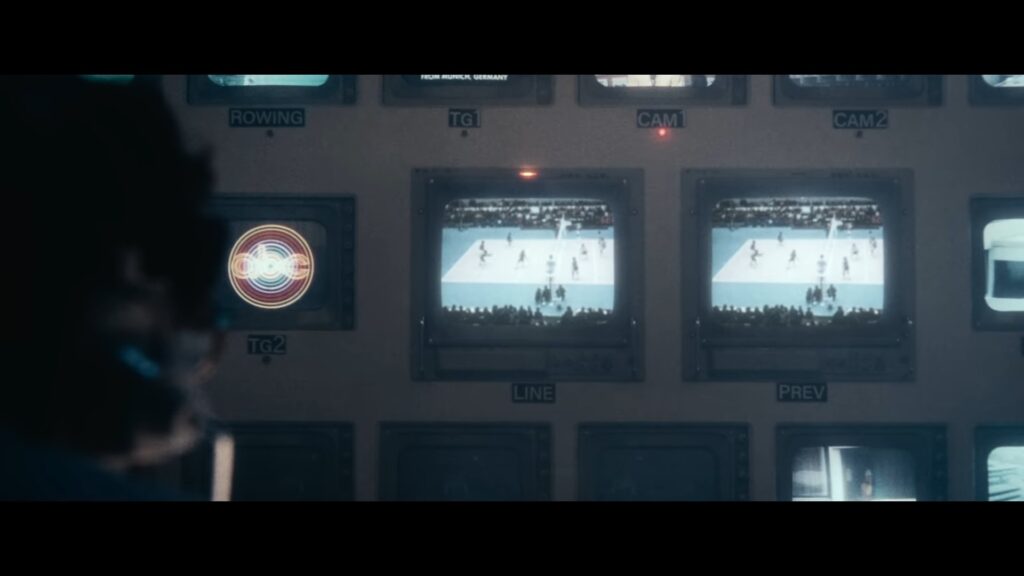
It’s impossible to talk about this film without laying out a bit of the historical context for the events of the Munich Massacre. The 1972 Summer Olympic Games took place in Germany, barely twenty-five years after the end of World War 2. Germany was rightfully going through a tough period, and the Olympic games presented itself as an opportunity for Germany to rebrand itself. That rebrand all but collapsed the moment people realized more innocent Jewish people were about to be killed on German soil.
This bitter realization, coupled with the German police forces bumbling of the operation and the Munich Massacre on September 5 becomes one of the more interesting stories in modern world history. Unfortunately, the film shies away from making any type of statement on the events and instead focuses solely on the sports news crew who covered the events.
The Control Room
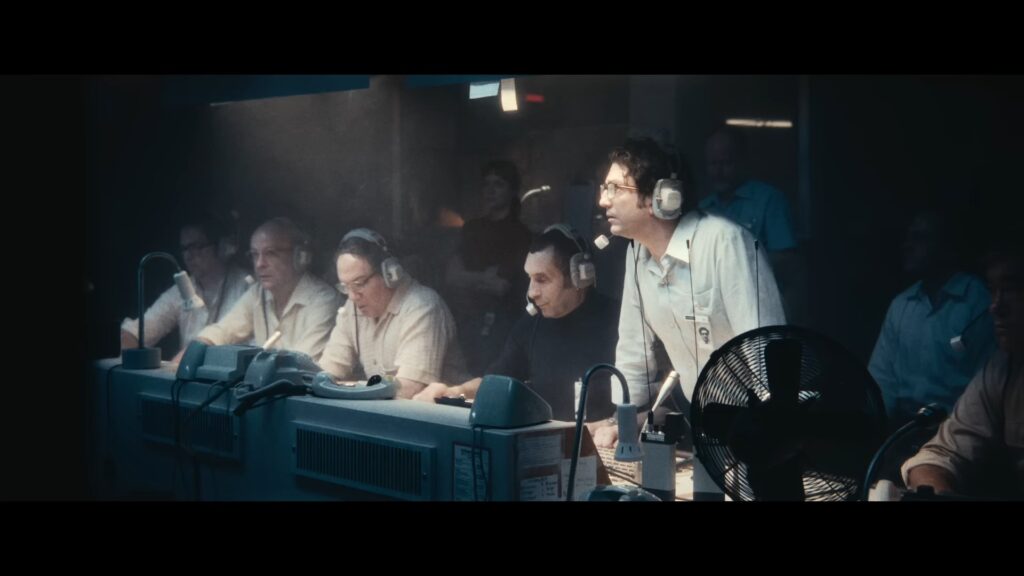
Almost the entirety of September 5 takes place inside the ABC sports control room. Once the sports team begins to understand what’s going on, it’s all hands on deck while this underqualified team attempts to report on the biggest news story of the year. Remarkably the team rose to the challenge and broadcast the attack to over 900 million people. While it’s a nice gesture to highlight this team’s achievement, it’s hard to buy in that they were the most important story of the day.
It’s not just that this team wasn’t the most important part of the day. It’s also that their story is much less compelling than the one happening right outside their studio control room. The entire film takes place in this small building while all the action and events are revealed to the audience through dialogue or phone calls. The assumption going into the film is that the viewer already knows the real story, but it doesn’t make what’s happening inside feel any less boring. It’s hard to be invested in the ABC/CBS conflict when the true conflict is a real-life terror attack.
An Aaron Sorkin-less Newsroom
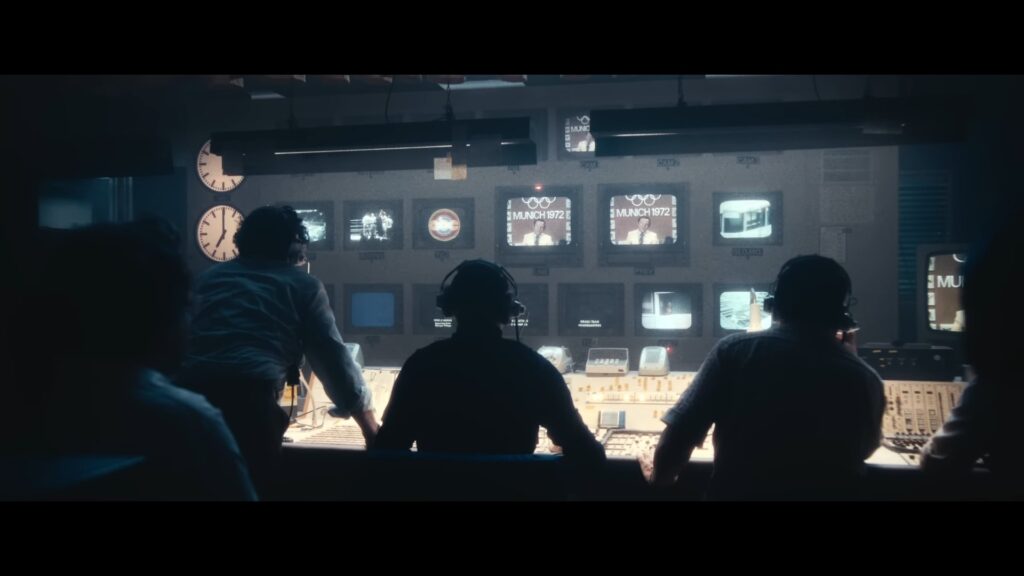
The script plays out in a very true-to-life manner. There is no quippy West Wing-type dialogue and no long dolly shots like the ones employed in Saturday Night. This helps to keep the overall tone of the film somber, but it also hurts it in spectacle.
September 5 is not a high spectacle heart racing film. It’s a fairly accurate depiction of a rag-tag sports news crew who rose to the occasion when they were needed. It’s an honorable and noble feat this crew pulled off. But it still makes the first two acts of the film feel pretty boring.
The Munich Massacre

The third act is a redeeming point for September 5 and one that will likely leave the audience gutted. As the culmination of the day’s events begins to be fully realized, it’s heart-wrenching for the crew and everyone watching their story. It’s not a failure for the team, but a failure for world politics. A failure that many, even on this news crew, can’t even begin to understand.
While the third acting and finale are effective, they fail to say anything truly meaningful about the day’s events. The film delivers every plot beat in such a manner of fact way that it comes off as too scared to make any political statement. Political sentiments are definitely polarizing to 2024 audiences, but if you’re making a movie about an event like this, some underlying political themes are expected.
Remembering September 5
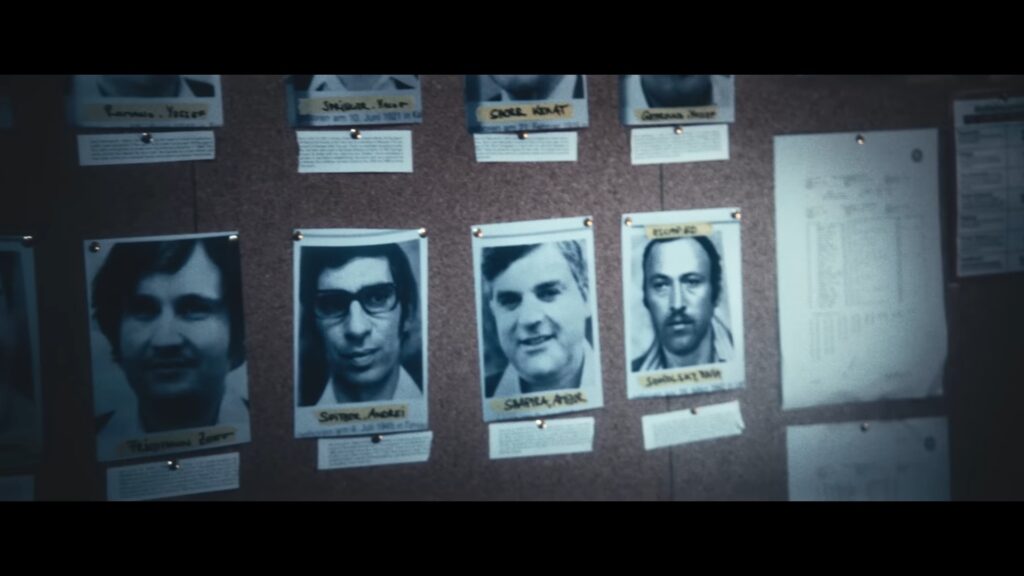
Ultimately September 5 is not a story about the Munich Massacre. My read is that the filmmakers didn’t have to tell that story because this crew already told it. And now, it’s time to tell their story. It’s a noble, and at times moving film, but one that’s also lacking in many aspects.
September 5 isn’t a documentary on the Munich Massacre. It also isn’t a fast-talking TV Newsroom drama. It’s a close-to-the-vest dramatization of a news crew who found themselves telling a story bigger than they ever imagined. September 5 feels like a film from the past. A good one, but one without much to say.



